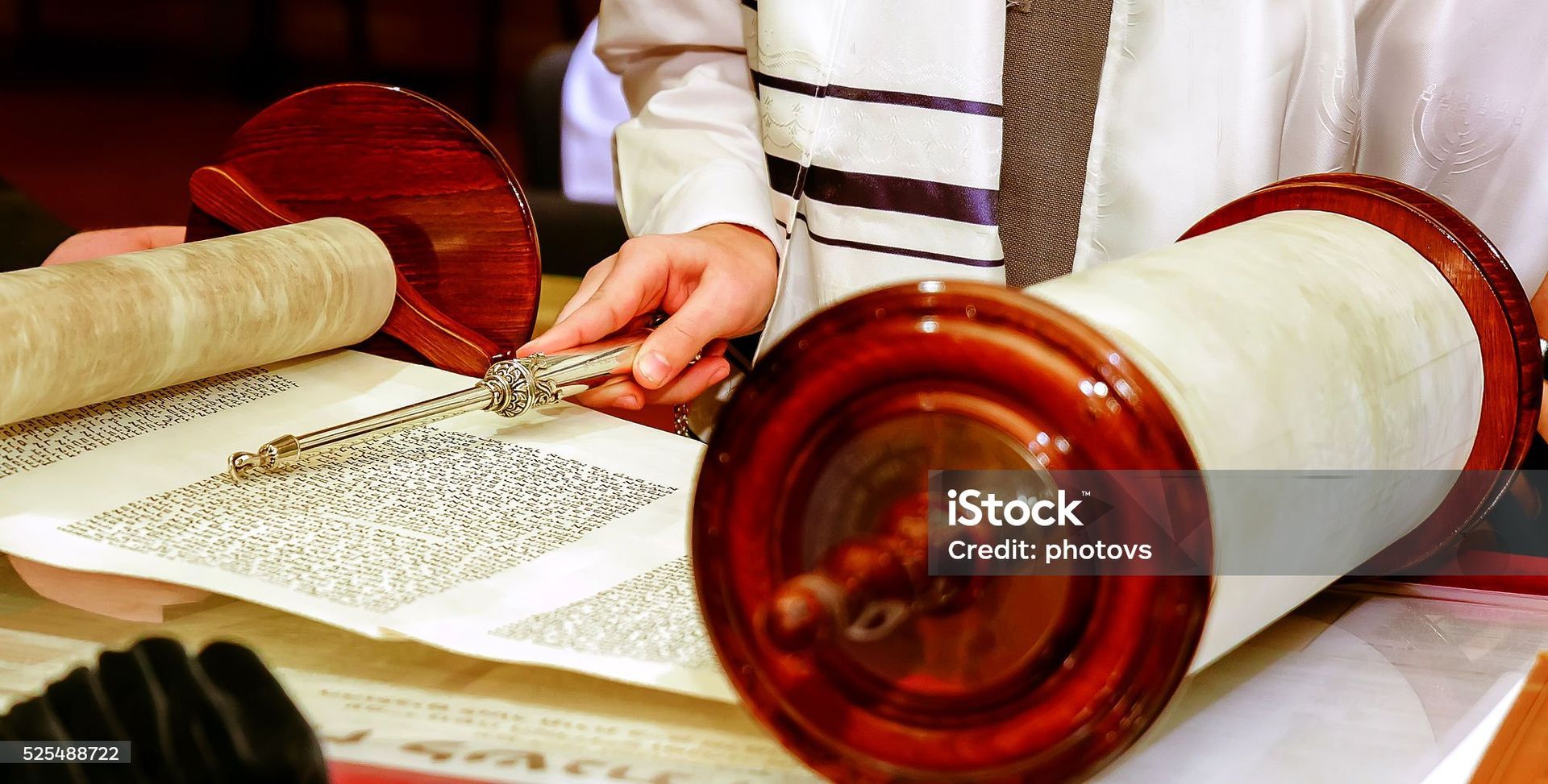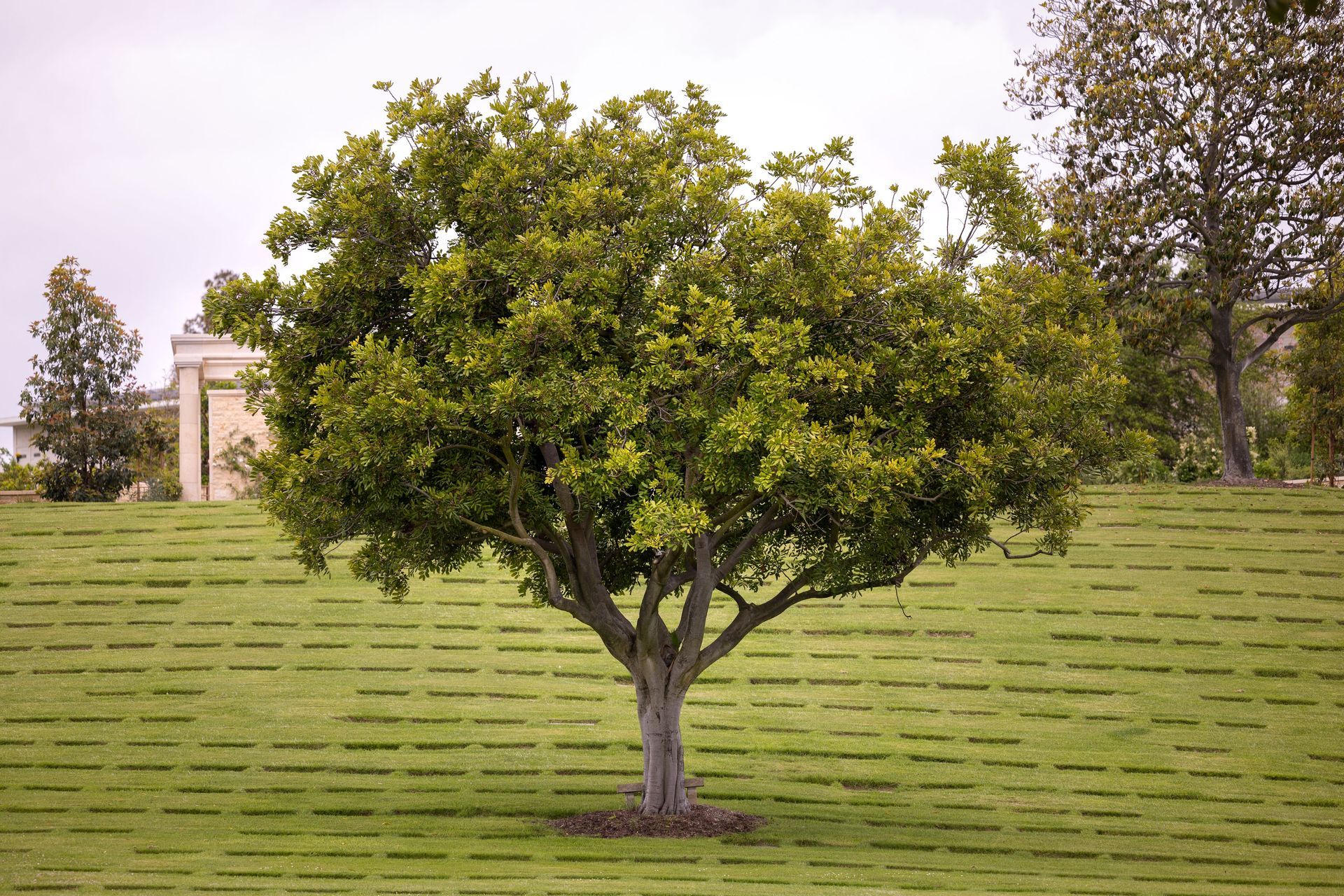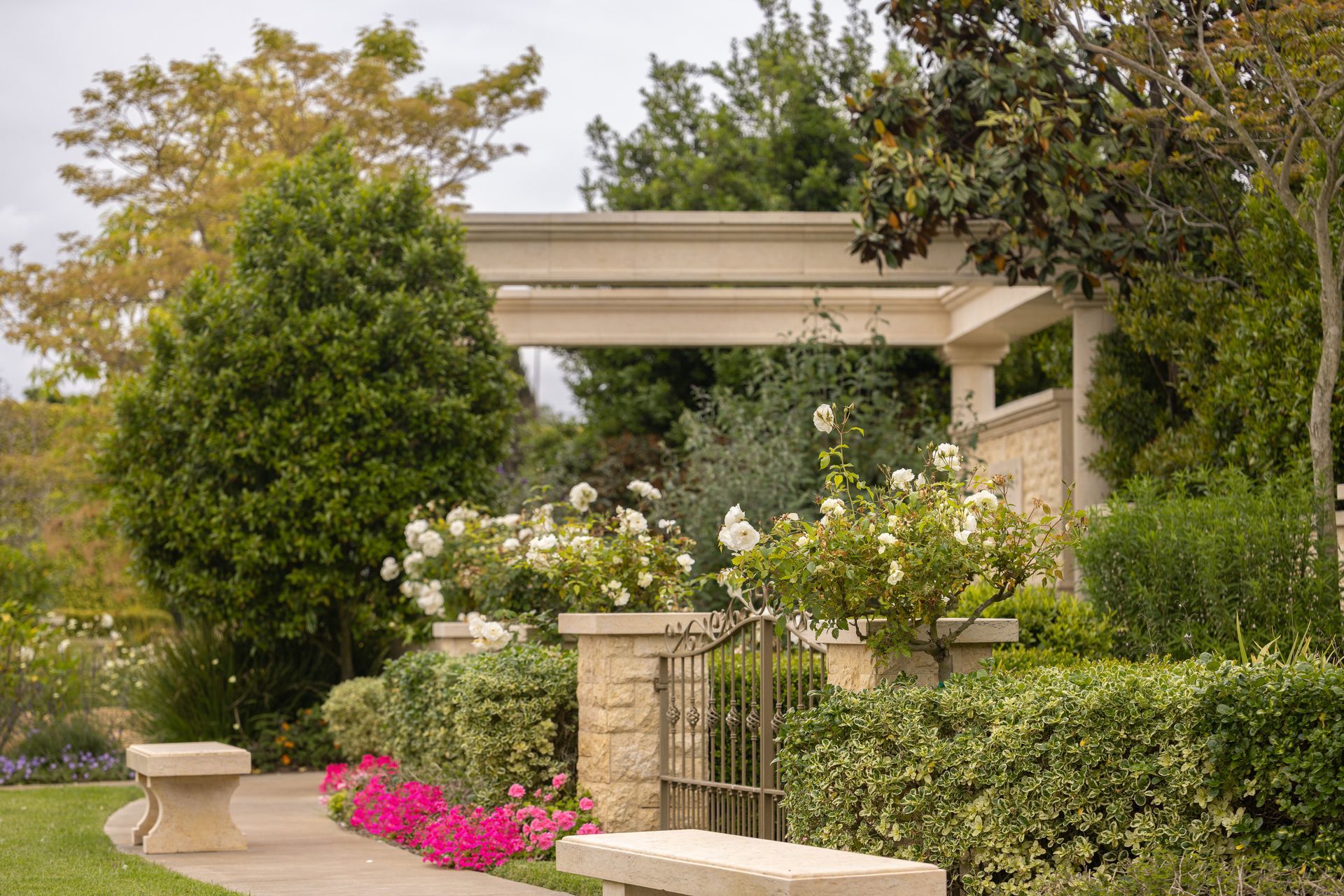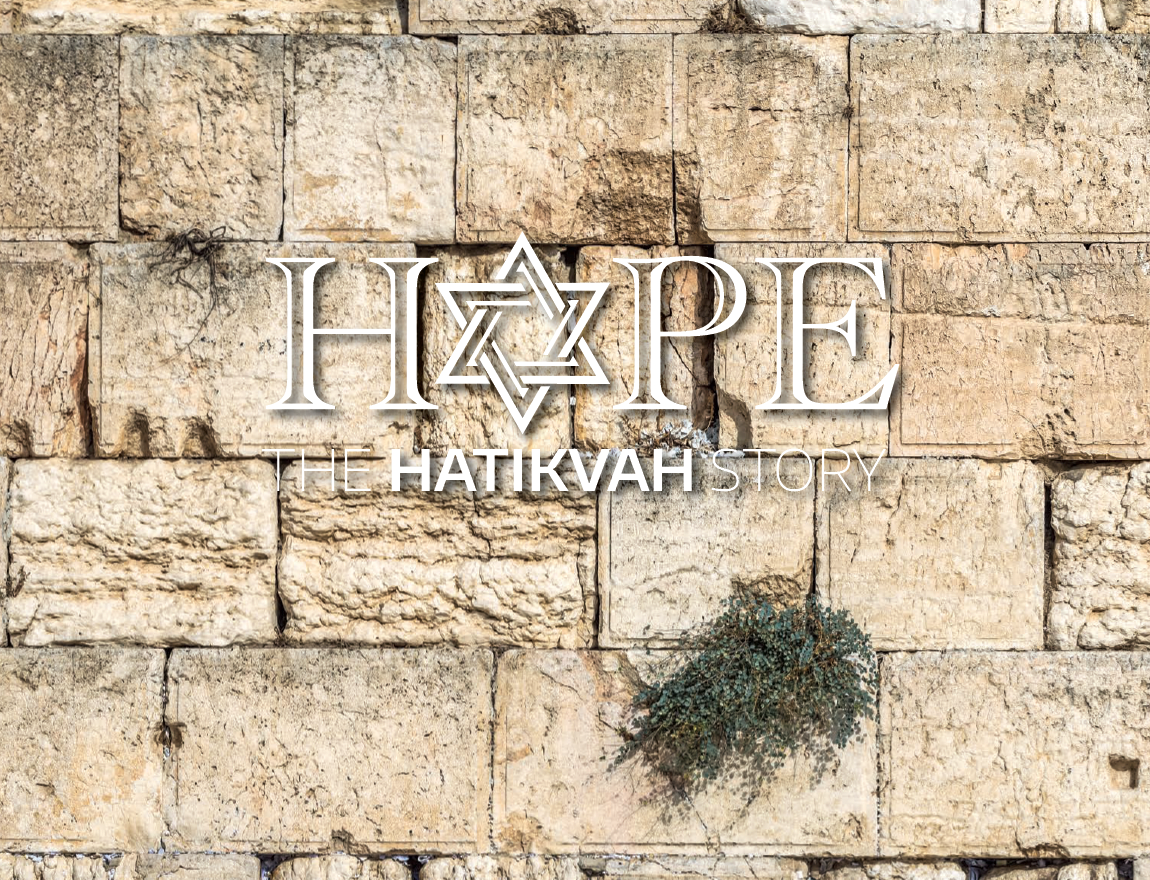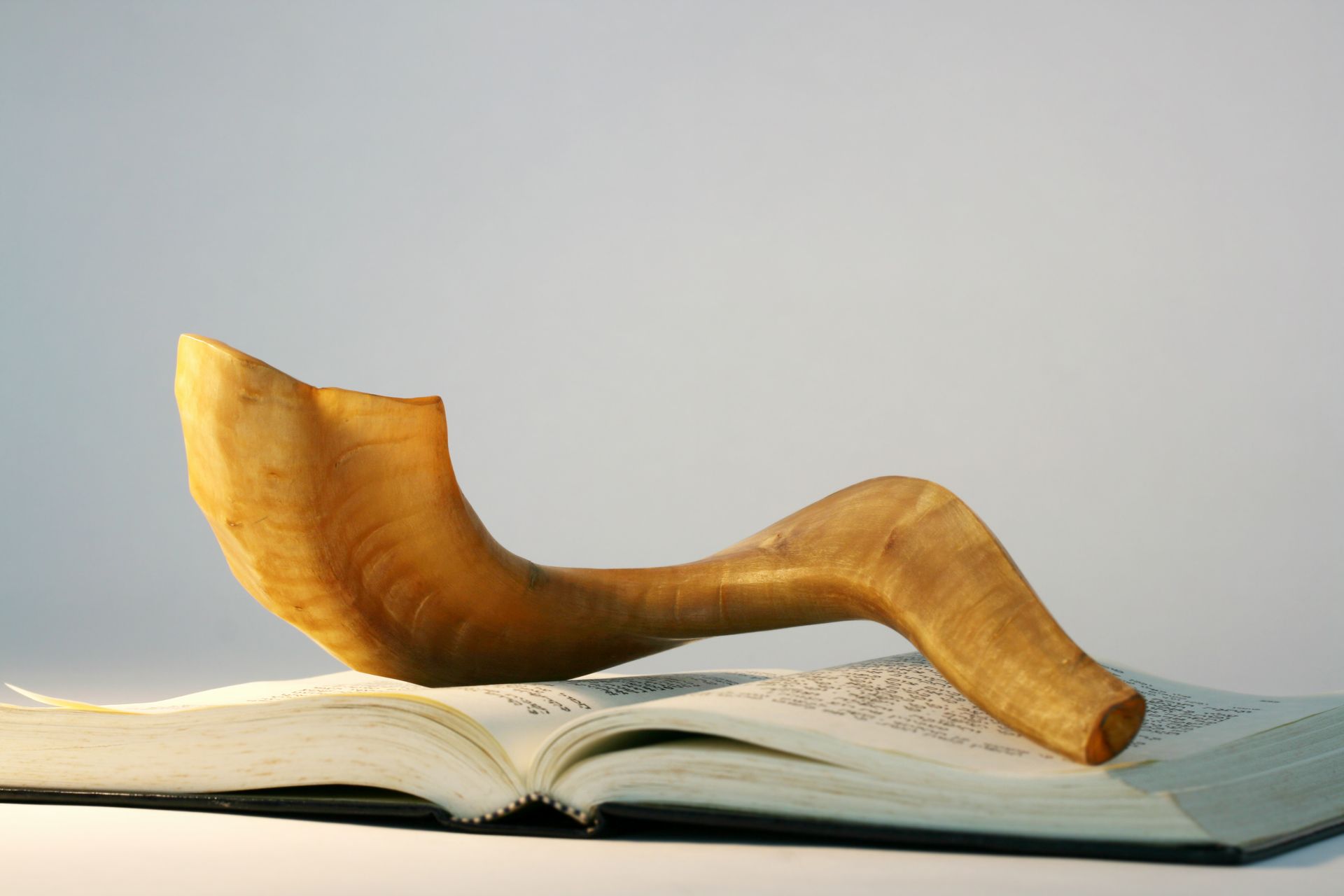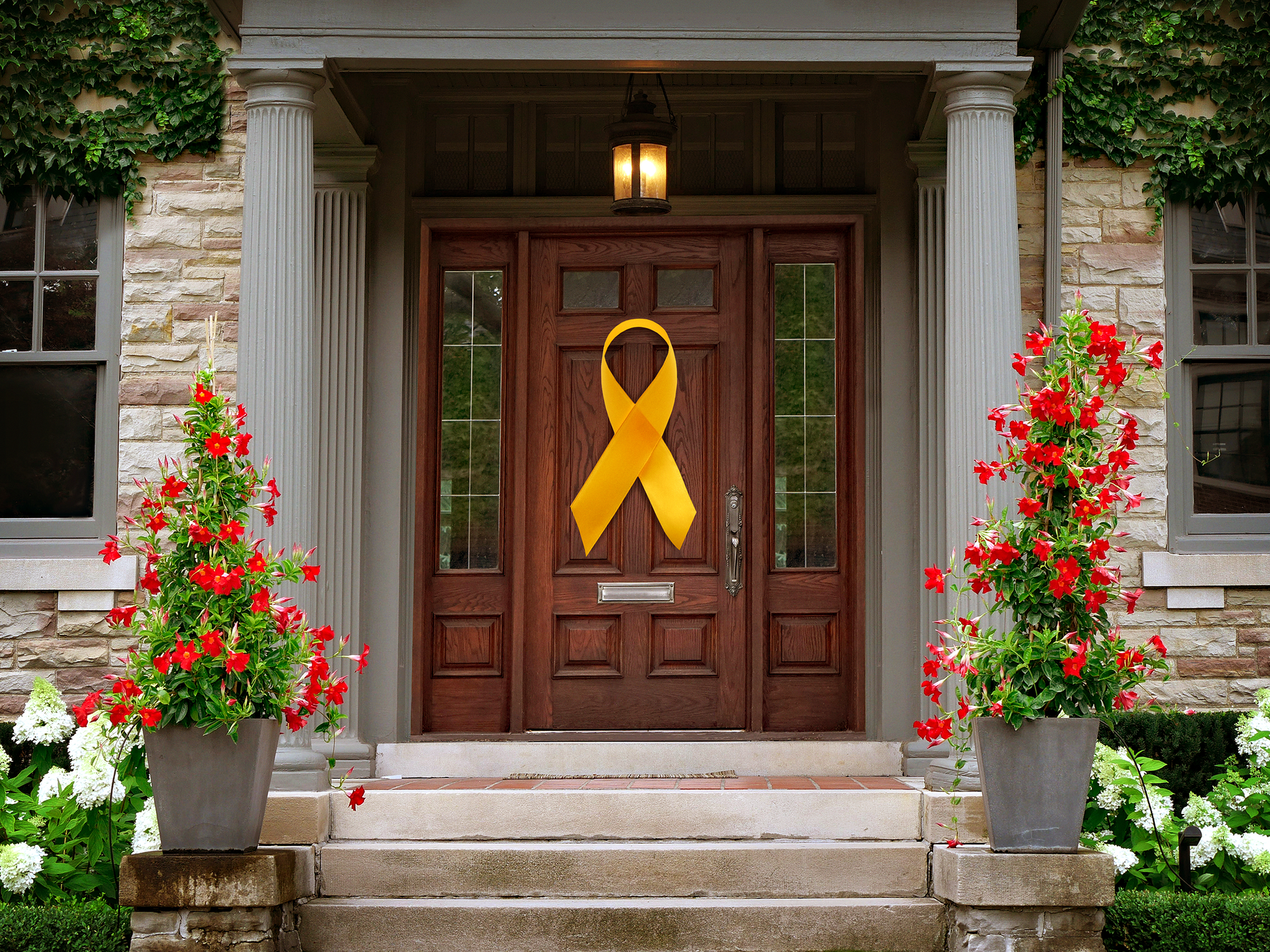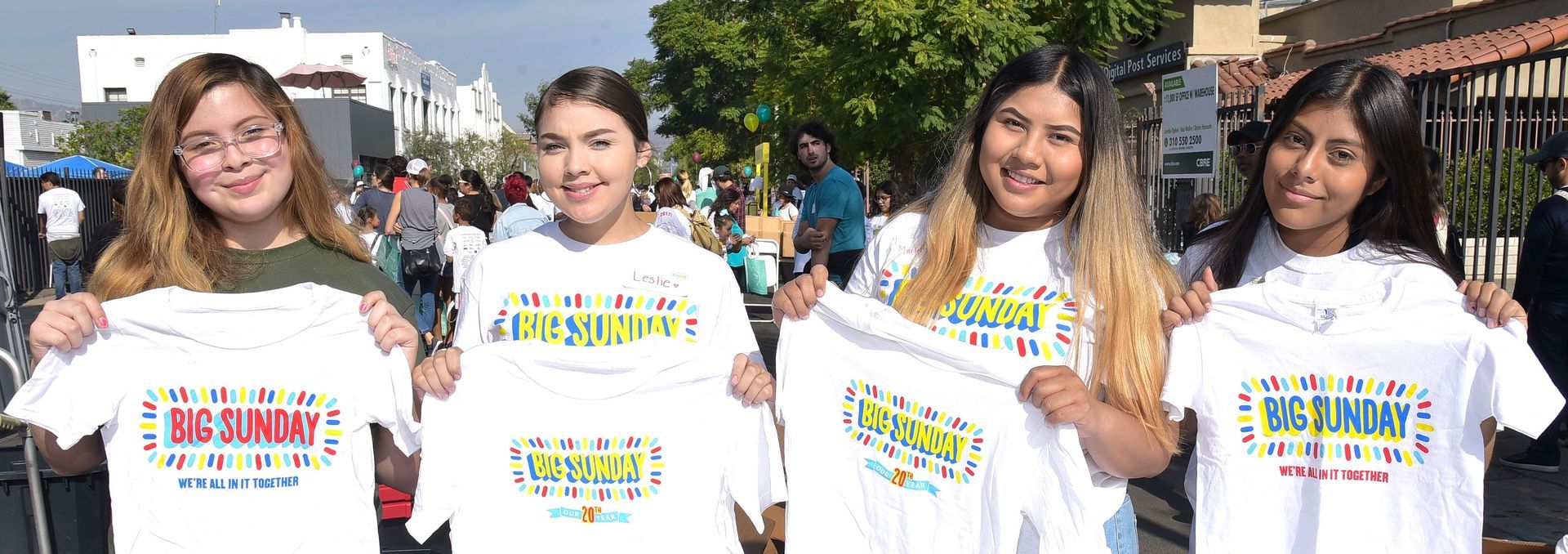Hillside Reflections

Halloween and Jewish Values
Finding the Light Behind the Mask: Halloween and Jewish Values
At first glance, Halloween might seem far from a Jewish celebration. Costumes, candy, and ghostly decorations trace their roots to ancient harvest and Christian traditions. Yet, as Rabbi Ed Feinstein, Senior Rabbi at Valley Beth Shalom, recently shared, there is something profoundly good that happens on this night, something that mirrors core Jewish values of hospitality, courage, and community. Beneath the masks and porch lights, Halloween offers an unexpected opportunity to live out the mitzvah of hachnasat orchim, the welcoming of guests, and to remember what it means to trust one another.
Opening the Door
Rabbi Feinstein reflected on the simple but extraordinary ritual that happens every October 31: “On Halloween, we open our homes to one another.” It may seem like a small thing, but in an age when most of us live behind alarm systems and security cameras, the act of opening the door to a stranger, especially a small, costumed one, becomes an act of courage and faith.
He described how “on Halloween, we come out from behind solid-core doors and dead-bolt locks and electronic burglar alarms. The doorbell is met not with a gruff ‘Who’s there?’ and a suspicious eye in the peephole, but with a smile and sweets.” That simple gesture, he suggested, rekindles a sense of neighborhood and belonging that often feels lost in modern urban life. For one evening, fear subsides, and we are reminded that community begins with trust.
The Spiritual Cost of Fear
Rabbi Feinstein also spoke about the deeper spiritual problem that arises when fear shapes our daily lives. In a world where “the evening newscast consists of a 20-minute recitation of the horrors of the day,” it is easy to retreat inward and protect ourselves from the world outside. Yet that isolation, he warns, can steal something essential from our souls.
Judaism teaches that fear and suspicion erode not just relationships but our sense of divine order and meaning. As Rabbi Feinstein noted, quoting another teacher, “Religion helps us feel at home in the world. Without that sense of belonging, we live in exile.”
In Jewish tradition, the antidote to fear is emunah, faith, trust, and the courage to act with compassion even when the world feels uncertain.
Candy, Courage, and Community
For Rabbi Feinstein, the candy collected on Halloween was never the point. What mattered was what his children saw that night: neighbors smiling at one another, strangers greeting each other without suspicion, and families sharing small moments of joy. “If only once a year,” he said, “I want my kids to see what it’s like when fear subsides, and people trust one another enough to open their doors.”
After trick-or-treating, as he and his wife carefully inspected their children’s candy for signs of tampering, he offered a poignant prayer: “God help us.” That tension between hope and fear, between trust and caution, is what makes his reflection so human and so relevant. Halloween, in his view, becomes not a departure from Jewish values but a fleeting return to them, a night of generosity, neighborliness, and courage in the face of fear.
Conclusion: Finding the Light in Every Season
At Hillside Memorial Park and Mortuary, we share Rabbi Feinstein’s hope for a world where kindness outshines fear and doors open easily between neighbors. Whether it is on Halloween, at Chanukah, or any ordinary day, each act of hospitality, each smile at the threshold, and each moment of trust brings light into the world.
This season, may we all find ways to welcome the stranger, to reach across difference, and to rediscover the joy of community, one open door at a time.

